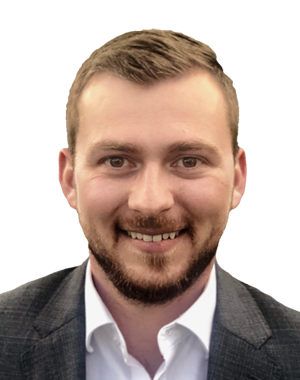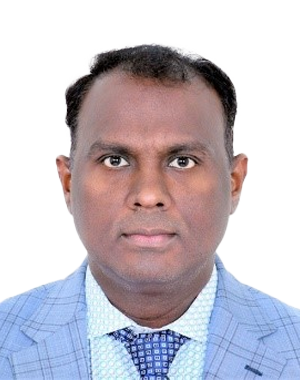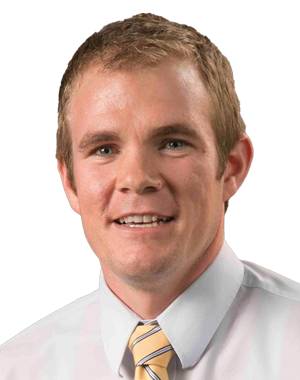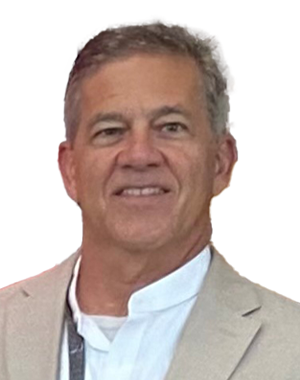Pre Conference // MONDAY - 13 JANUARY
Workforce Development Summit
The 2025 GeoBuiz Summit brings together leaders from across the private sector along with other leaders in workforce development. The goal: to engage participants in a critically important dialog designed to gather insights and recommendations to better prepare our current and future professional workforce to meet industry needs of today and into the future.
Building on the recommendations and outcomes from the workforce readiness sessions at the public sector-focused GeoGov Summit, the GeoBuiz Workforce Development Summit will identify, discuss, and promote industry perspectives and solutions to address capability and capacity development challenges such as:
While significant headwinds exist, there is movement by industry and institutions of learning to develop approaches and solutions that address these challenges. The Workforce Development Summit will highlight these approaches and solutions by including discussions on areas of success that merit expansion, such as:
Speakers

Tyler Svitak
Executive Director
Colorado Smart Cities Alliance

Narendra Babu Vattem
CEO
iSpatial Techno Solutions (IST) Inc

William Morgenstern
Head, Global Geospatial Collection Operations
Tech Mahindra

Chris Surbey
Consultant
Spatial Strategies

Dave Dionne
Chief Strategy Officer
Merkator